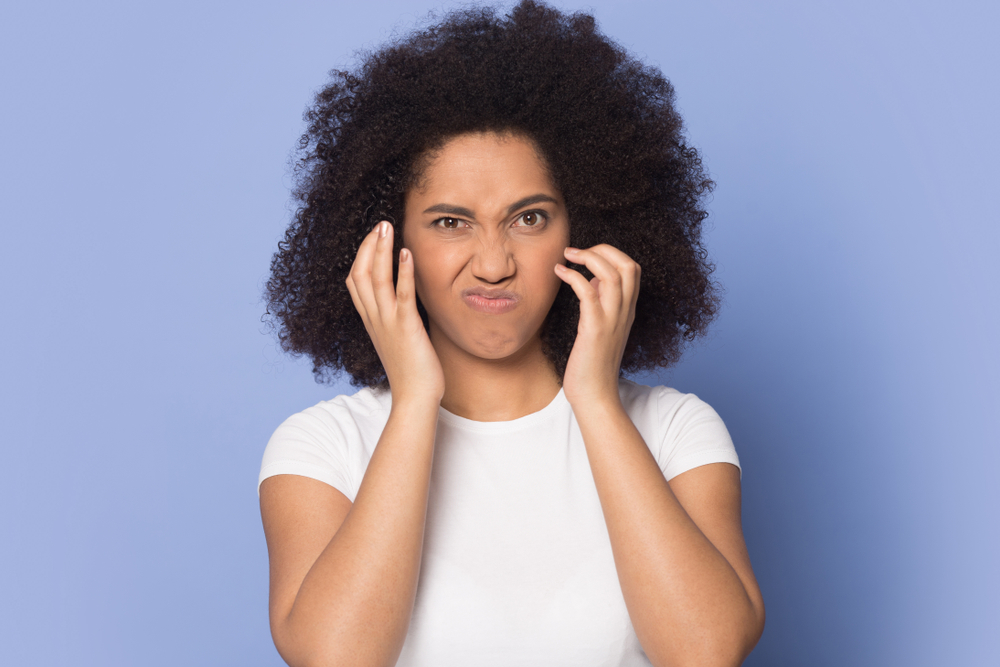 As temperatures rise and plants bloom, many people brace for allergy season. While most think of itchy eyes and sneezing, few realize that summer allergies can also affect hearing. If you’ve noticed muffled sounds, ear pressure, or ringing in your ears during the summer months, you’re not alone.
As temperatures rise and plants bloom, many people brace for allergy season. While most think of itchy eyes and sneezing, few realize that summer allergies can also affect hearing. If you’ve noticed muffled sounds, ear pressure, or ringing in your ears during the summer months, you’re not alone.
At El Dorado Hearing, we often see an increase in patients experiencing temporary or worsened hearing loss during peak allergy season. But how exactly do summer allergies affect your ears, and what can you do about it?
The Link Between Allergies and Hearing Loss
Allergies occur when your immune system overreacts to substances like pollen, mold, and dust mites, common during Arizona summers. These allergens trigger inflammation not just in the nose and throat, but also in the Eustachian tubes and middle ear.
How Allergies Affect Your Ears:
- Eustachian Tube Dysfunction: Inflammation blocks this tube that regulates ear pressure, leading to fullness and hearing changes.
- Fluid Buildup: Allergies can cause fluid to accumulate behind the eardrum, mimicking symptoms of an ear infection.
- Increased Earwax Production: Allergies may increase earwax, which can block the ear canal and affect hearing.
- Tinnitus: Allergic reactions can worsen or trigger ringing in the ears, known as tinnitus.
Types of Hearing Loss Caused by Allergies
While allergy-related hearing issues are typically temporary, they can exacerbate existing conditions or mask signs of more permanent hearing loss.
| Type of Hearing Loss | Caused or Worsened By Allergies? | Symptoms |
| Conductive Hearing Loss | Yes | Muffled sound, ear pressure |
| Sensorineural Hearing Loss | No (but may worsen symptoms) | Ringing, distortion, difficulty in clarity |
| Mixed Hearing Loss | Sometimes | Combination of above |
In most cases, allergy-induced hearing loss is a form of conductive hearing loss, caused by blockage or fluid.
Summer Allergy Triggers in Arizona
Arizona summers may seem dry, but allergens are still in abundance. In fact, pollen counts often spike in early summer, and desert molds flourish in monsoon humidity.
Common Summer Allergens:
- Ragweed and tumbleweed pollen
- Outdoor mold
- Dust and desert debris
- Grasses and Bermuda grass
- Monsoon-related humidity and fungi
According to the Asthma and Allergy Foundation of America, over 50 million Americans suffer from allergies, and the ears are often overlooked in treatment plans.
Signs Your Hearing Is Affected by Allergies
Allergy symptoms affecting the ears can be subtle. You might think your ears just feel “off” or attribute changes to age or noise exposure.
Watch for These Signs:
- Sudden muffled or blocked hearing
- A sensation of fullness or pressure in the ears
- Popping or crackling sounds when swallowing
- Tinnitus that flares up during allergy season
- Hearing that improves after allergy medications
If your symptoms last longer than a week or worsen over time, a hearing evaluation is recommended.
Q&A: Hearing Loss and Allergies
Q: Can seasonal allergies cause permanent hearing loss?
A: Allergies typically cause temporary hearing issues, but if you already have hearing loss, inflammation and fluid buildup can make it worse.
Q: Do antihistamines help with ear-related allergy symptoms?
A: Yes, in many cases. Antihistamines and decongestants may reduce swelling and improve Eustachian tube function. Always consult with your doctor.
Q: Should I avoid using hearing aids during allergy flare-ups?
A: Not at all. However, be extra careful with hearing aid cleaning and moisture control, especially if you experience increased wax or sinus pressure.
How to Protect Your Hearing During Allergy Season
Practical Tips to Reduce Allergy-Related Hearing Loss:
- Limit outdoor exposure during high pollen days (check local pollen reports).
- Use air purifiers and change filters regularly indoors.
- Irrigate sinuses with saline solutions to reduce pressure in ear canals.
- Take antihistamines or allergy meds as prescribed by your doctor.
- Avoid inserting anything into your ears, including cotton swabs, to relieve pressure.
If you use hearing aids, increased wax or moisture may lead to performance issues. Clean them daily, and consider using a drying kit or dehumidifier during allergy season.
When to See a Hearing Specialist
If allergy-related hearing changes persist for more than 7–10 days, or if you notice sudden hearing loss in one or both ears, it’s essential to seek professional evaluation. Temporary hearing loss can sometimes hide more serious underlying conditions.
El Dorado Hearing provides comprehensive hearing evaluations, including middle ear testing and tympanometry, which can detect fluid, pressure imbalances, or blockages due to allergies.
Don’t Let Allergies Take Away the Sounds of Summer
Seasonal allergies don’t just affect your nose, they can also impact your ability to connect with family, hear conversations at cookouts, or enjoy live music events. The good news? Allergy-related hearing loss is often manageable with a combination of medical treatment and expert hearing care.
Take Control of Your Hearing Health with Eldorado Hearing
At El Dorado Hearing, we understand the unique challenges of hearing care during Arizona’s summer months. Our team can help you:
- Diagnose hearing issues caused or worsened by allergies
- Adjust and clean hearing aids affected by seasonal changes
- Provide custom solutions like moisture-resistant devices and earwax management
Your hearing doesn’t have to suffer this summer. Book a seasonal hearing evaluation with us today at eldoradohearing.com or call to learn more about how we can support your hearing health, all year long.



Leave a Reply